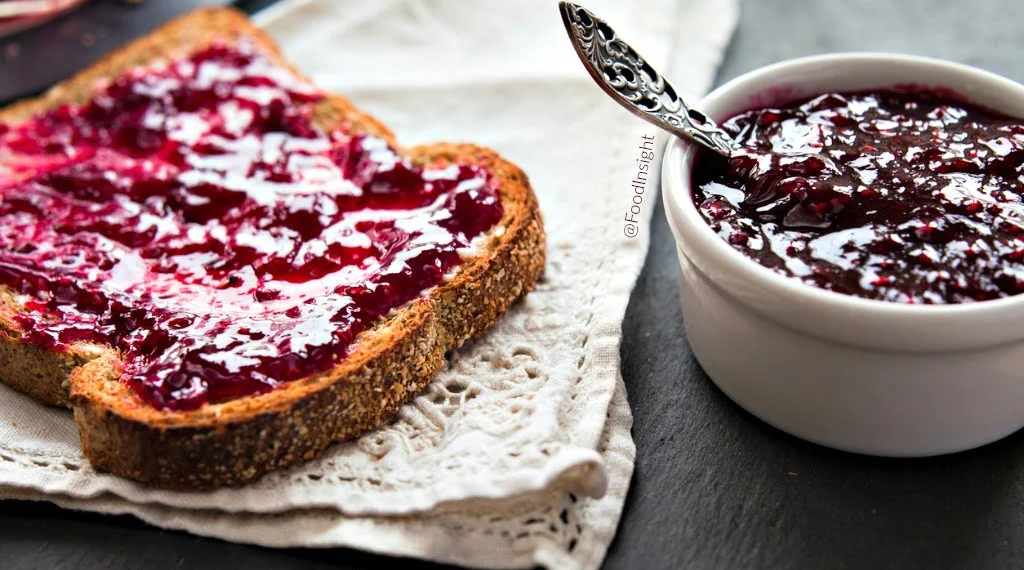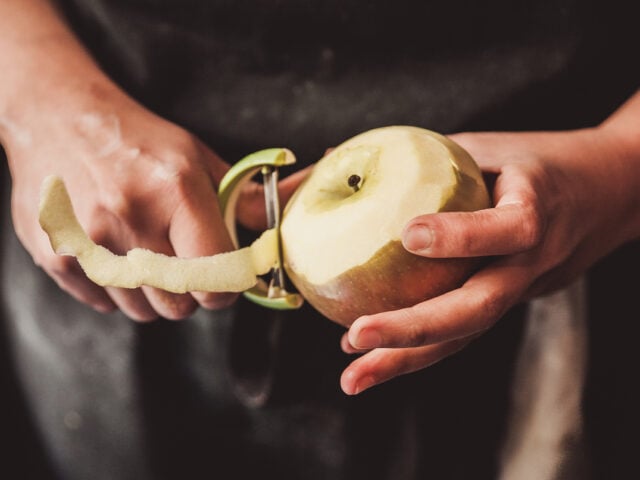
Curious about low-calorie sweeteners? You’re not alone. Conflicting information about low-calorie sweeteners seems to be reaching new heights, so we’ve searched high and low for the facts. Here’s the lowdown on one of the more common types of low-calorie sweeteners, acesulfame potassium (Ace-K).
What Is Ace-K?
Ace-K is a no-calorie sweetener that is used in a variety of foods and beverages. While some types of sugar alternatives are considered caloric (e.g., high-fructose corn syrup and honey), some are low-calorie (e.g., aspartame), and others are no-calorie (e.g., Ace-K, sucralose, monk fruit sweeteners, stevia sweeteners, and others), collectively they are often referred to as artificial sweeteners, high-intensity sweeteners, low-calorie sweeteners, nonnutritive sweeteners, or sugar substitutes.
The “K” in Ace-K is the symbol for the chemical element potassium, which comes from the Latin word for potassium, kalium. Although Ace-K contains potassium, the amount is so low it doesn’t contribute to your daily potassium intake.
Ace-K often is used in combination with other low- and no-calorie sweeteners such as aspartame or sucralose. When acesulfame potassium is used in a food or beverage, it will appear in the ingredient list for that product as either Ace-K, acesulfame K or acesulfame potassium. Ace-K is commonly found in tabletop sweeteners in brand names like Canderel® and Equal®.
As Sweet as Sugar?
Like other low- and no-calorie sweeteners, Ace-K is intensely sweet. It is about 200 times sweeter than sucrose (table sugar), so only small amounts of Ace-K are needed to match the sweetness provided by sugar.
Is It Safe?
Yes, Ace-K is safe to consume and has been approved for use in the U.S. since 1988. It is one of eight low- and no-calorie sweeteners permitted by the U.S. Food and Drug Administration (FDA) for use in the U.S. food supply. Leading global health authorities around the world, such as the European Food Safety Authority (EFSA), FAO/WHO Joint Expert Committee on Food Additives (JECFA), Japan’s Ministry of Health, Labour and Welfare, Food Standards Australia New Zealand (FSANZ), and Health Canada have also found low- and no-calorie sweeteners like Ace-K to be safe.
What’s the Bottom Line on Ace-K?
Many types of foods and beverages can have a place in healthy eating patterns that are low in added sugars. Choosing foods and beverages sweetened with low- and no-calorie sweeteners such as Ace-K is one way to reduce your consumption of added sugars and keep your total calories in check.




